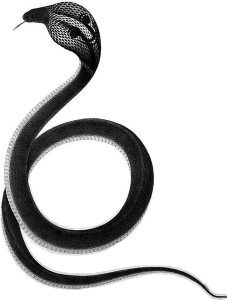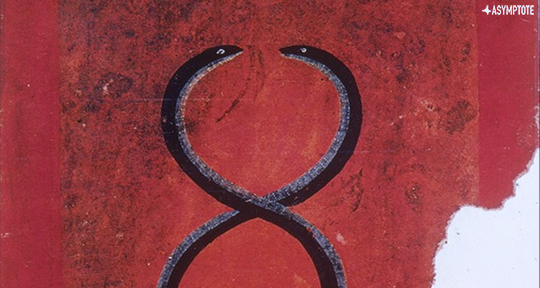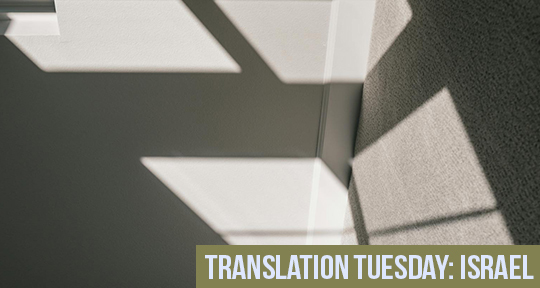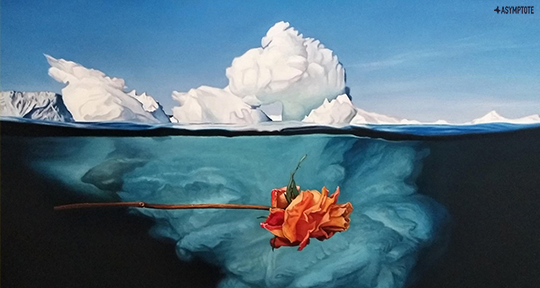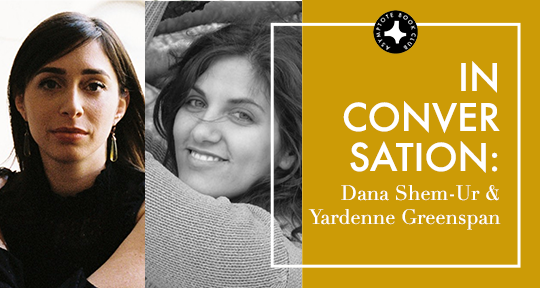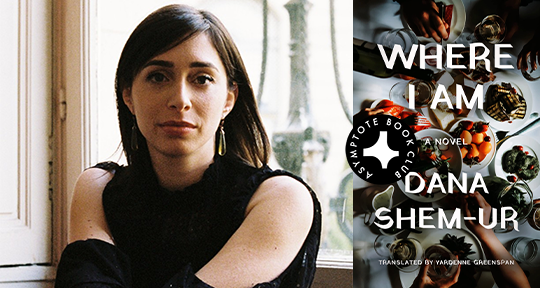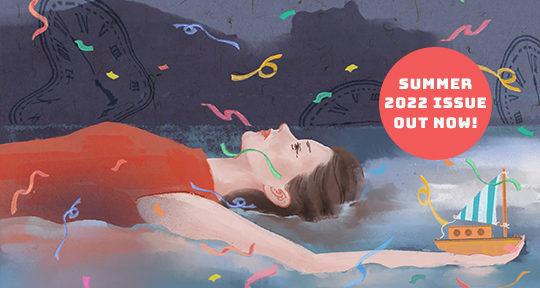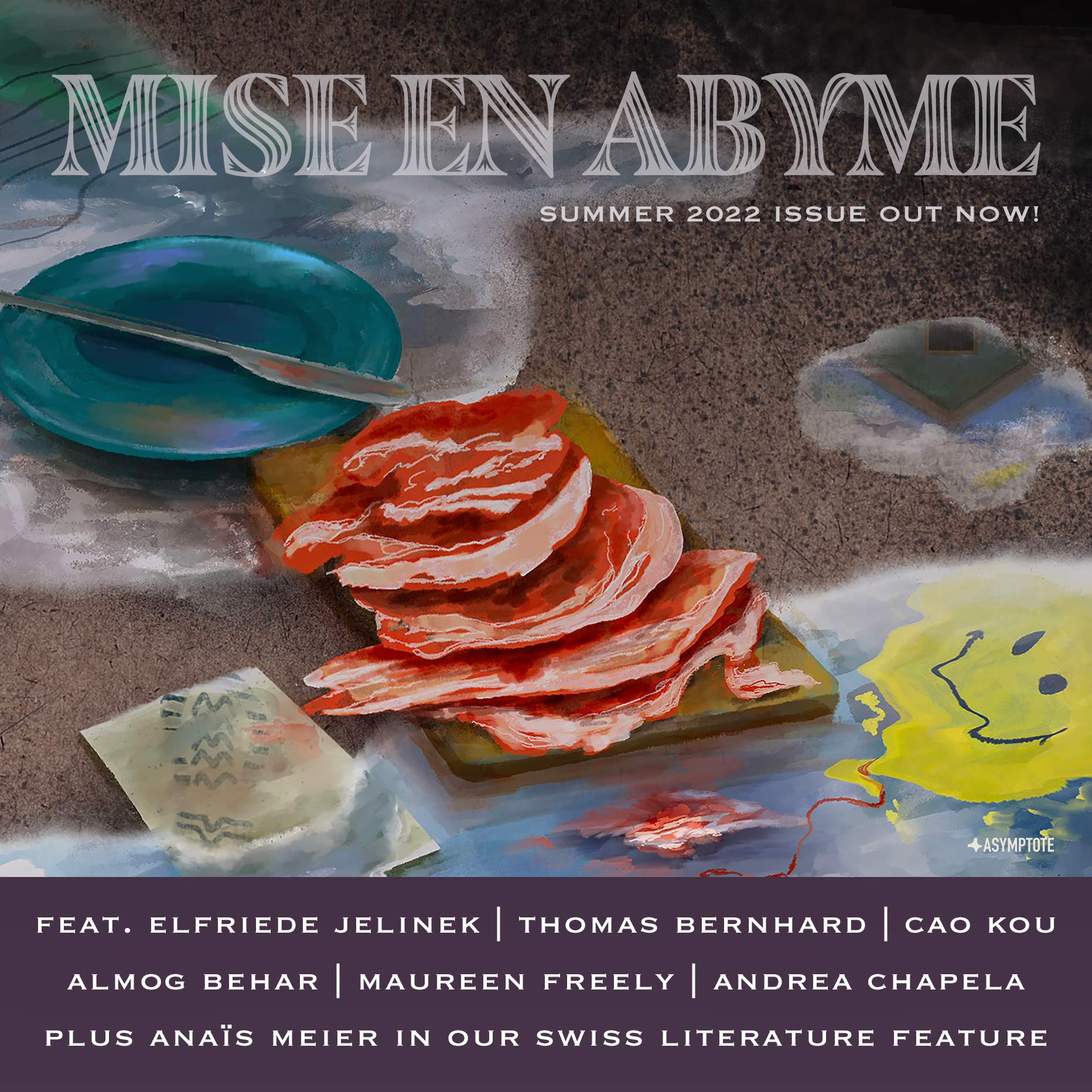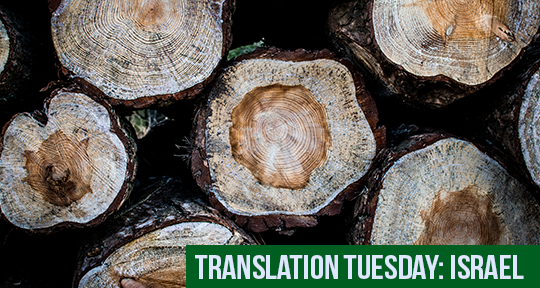In this week’s news, our editors report on the various matters occupying readers around the world. From the power of literary awards throughout Japan’s modern history, a survey on contemporary literary habits, and the growing Hebrew Book Fair—read on to find out more!
Xiao Yue Shan, Blog Editor, reporting for Japan
On June 16, the nominees for the 169th Akutagawa Prize and the Naoki Prize were announced to the public. Long recognised as the most important literary awards in Japan, the two accolades are given to emerging authors for a work of “pure literature” (junbungaku) and “popular literature” (taishū bengei) respectively, a fascinating distinction that has shifted tenuously throughout the awards’ long history, reflecting the evolving perspectives on what constitutes literary excellence, the separation between author and work, as well as how taste and zeitgeist can be reflected in the awardees. While the difference between what constitutes a literary text and a popular text can be seen as elitist, there have been, in the past, a great many other factors that have gone into the consideration of awardees—perhaps best exemplified by the awarding of the 1937 Naoki Prize (considered the less prestigious of the two) to Masuji Ibuse, whose profound literary output has insured him a spot in the modern Japanese canon. Throughout their time, the separate realms that the Akutagawa and Naoki Prizes were intended to occupy have opened up significant inquiries as to what, exactly, is valued in writing, consulting the multiple planes engaged by the literary arts: the aesthetic, the political, the dialogic, and the compassionate.
This year, the nominees for the Akutagawa Prize are Sao Ichikawa, Ameko Kodama, Masaya Chiba, Yusuke Norishiro, and Kaho Ishida. The subject matter of the narratives veer from the life of a professional welder; the changing intimacies and relations between four high school students over a single day; the introduction of the Internet in the 90s and its reverberations in a young man’s life; the potentials of anonymity as discovered by a teenage pop star; and the sexual life of a physically disabled woman.
The nominees for the Naoki Prize are Tow Ubukata, Ryosuke Kakine, Kazuaki Takano, Ryoe Tsukimura, and Nagai Sayako. Their nominated works include a historical novel on Ashikaga Takauji, the first shogun of the Ashikaga shogunate; a psychological story centred around the spectral presence at a railroad crossing; a crime novel set between Hong Kong and Japan; a tale of a young samurai who avenges his father; and a work of horror that paints a violent world under Tokyo’s polished metropolis.
What becomes evident in looking at these two groupings, even just by the superficial delineations of their bylines, is that this year, there is indeed a conspicuous demarcation between their preoccupations. Whereas the texts up for the Akutagawa can be all considered as realist storylines, recognisably using the prism of an individual’s life to refract truths and insights into the society in which they—and we—live, the nominees for the Naoki are being publicised along the engaging capacities of thrill and mystery. It is reflective of the same bilaterality that has always troubled the book as an object of consumption: that seeming incompatibility between the educational and the entertaining. Such is undoubtedly a judgement we all make independently when selecting what we’re interested in reading—or what we think we should be reading—and it’s somewhat unsettling to see this consideration fortified in the institutional fixedness of an award, which is by definition a statement of authority, a mandate of a higher power. In this way, the very essence of the Akutagawa and Naoki Prizes presents a conundrum that expounds on the act of reading, not only within Japanese literature and its apparatus, but in regards to the invisible schematic that books themselves exist on—all of these gossamer compartments and classifications that aim to instruct us not only on our own literary predilections, but what the books and their authors should be pursuing. It reveals both the impossibility and the necessity of judgment within the literary industry, about how unruly we know the whole process to be, yet how implicitly we trust it still. The freedom of the writing-act and the imagination of the reading-act has so many binds to negotiate, so many contracts to overcome. READ MORE…
